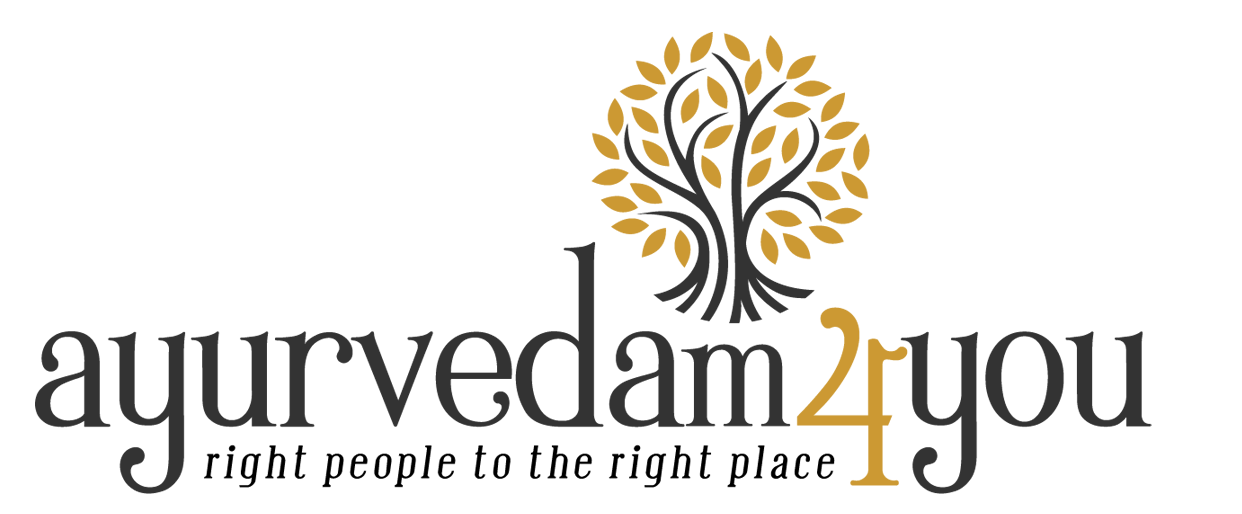Description
Autism spectrum disorder (ASD) is a developmental disability caused by differences in the brain. Approximately 1/100 children are diagnosed with autism spectrum disorder around the world. The reasons for this condition are not yet known. In some people, it may be due to various genetic conditions. Social communication and interaction skills can be challenging for people with ASD. The signs and symptoms may vary individually. But generally, the following symptoms can be noticed such as,
- Avoids or does not keep eye contact.
- Does not respond to name by 9 months of age.
- Does not show facial expressions like happy, sad, angry, and surprised by 9 months of age.
- Delayed language skills, movement skills and cognitive or learning skills.
- Hyperactive, impulsive, and/or inattentive behaviour.
Diagnosing ASD can be difficult since there is no medical test, like a blood test, to diagnose the disorder. Doctors look at the child’s behaviour and development to make a diagnosis. Current treatments for ASD seek to reduce symptoms that interfere with daily functioning and quality of life. ASD affects each person differently, meaning that people with ASD have unique strengths and challenges and different treatment needs.
The autistic condition has an Ayurvedic perspective, which implies that the treatment incorporates the balancing act of food, diet, exercise, rest, play, and sleep in treating central nervous system disorders. And definitely will improve the quality of life with the help of other supports. Panchakarma therapy can be a treatment option depending on the severity and the condition of the patient, along with the internal drugs.


